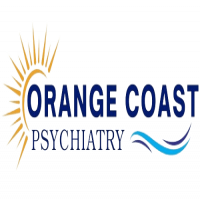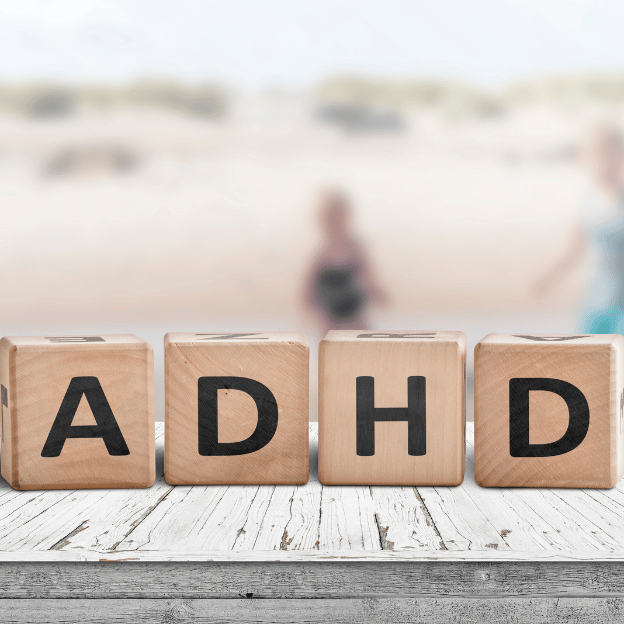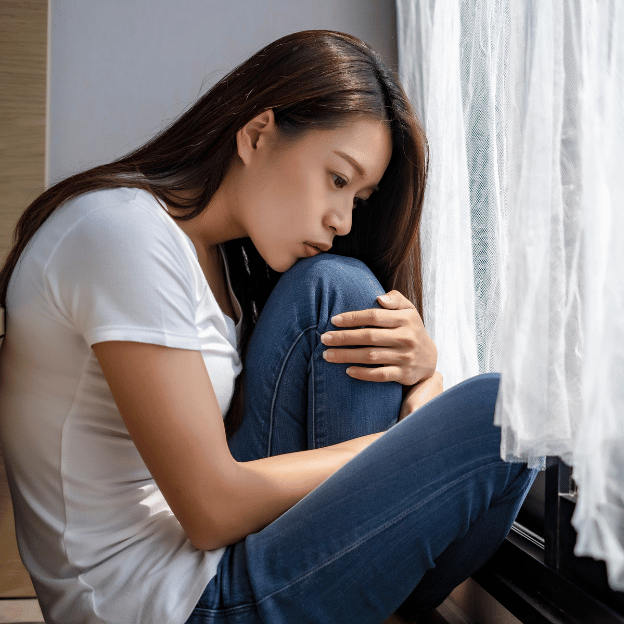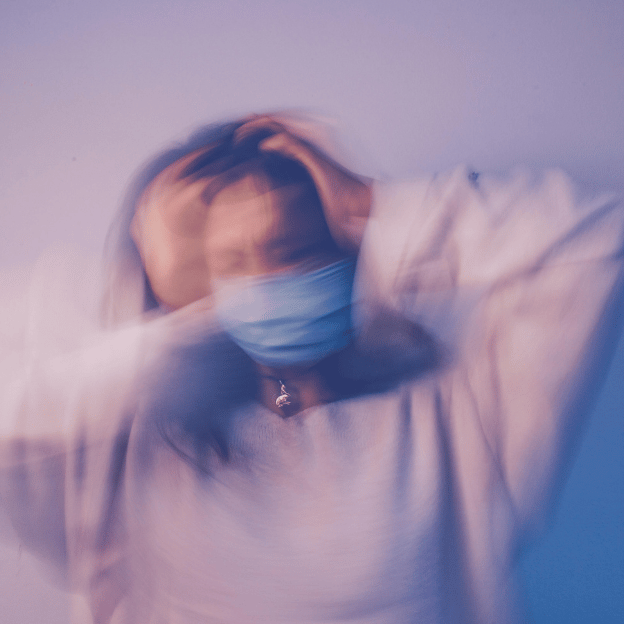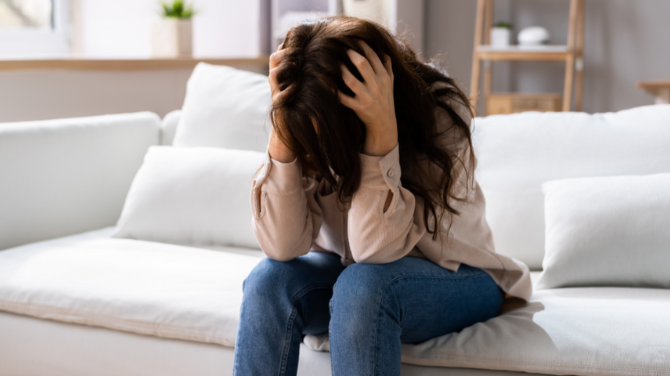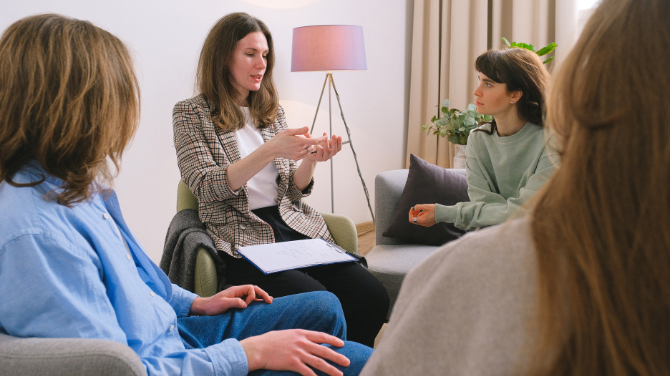Is Social Anxiety A Disability?
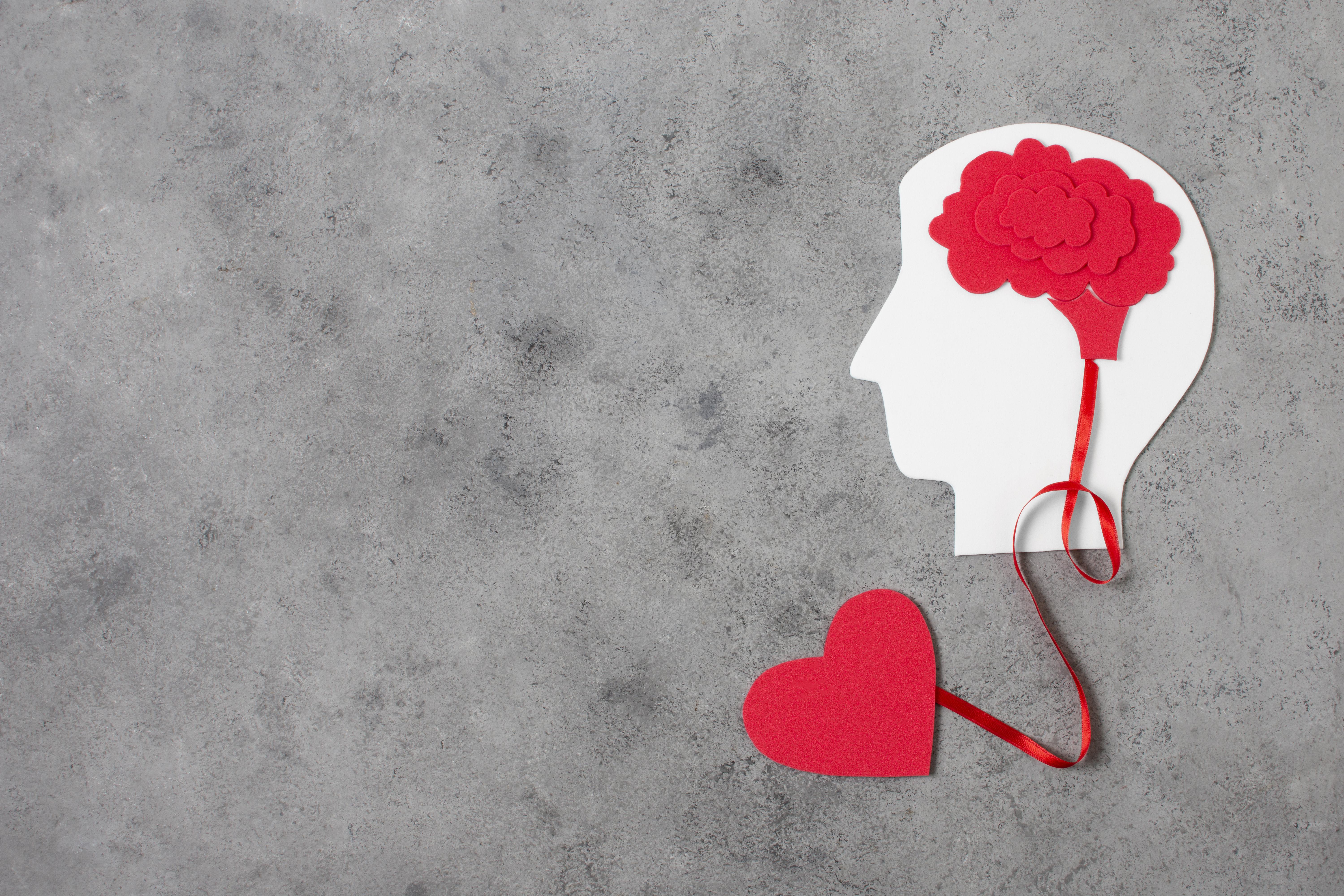
Strong 8k brings an ultra-HD IPTV experience to your living room and your pocket.
Social anxiety, also known as social anxiety disorder or social phobia, affects many individuals as it makes their social interaction fear and discomfort. In these mental conditions, people experience moments of nervousness in social situations, due to being judged and mistreated by other people. However, for some, this unease goes beyond just shyness and turns into fear and avoidance.
It is a challenge that can disrupt a person’s life and affect their relationships, education, and career. It has affected millions globally. However, the question is whether social anxiety is curable or not. The good news is that social anxiety is highly treatable. With the right support and therapeutic approaches, people can have reduced symptoms and lead a fulfilling, meaningful life.
What Is a Social Anxiety Disorder?
Social anxiety disorder is beyond simple shyness. It includes an intense, persistent fear of being judged, scrutinized, or humiliated in social situations. This fear often leads to avoidance of social interactions, even those that are necessary or enjoyable.
The physical symptoms can be blushing, trembling, sweating, a racing heart, or difficulty in speaking before others. Mentally, people can experience overwhelming worry before, during, and after social events, replaying interactions and focusing on perceived mistakes. This constant internal struggle can be debilitating, isolating individuals from opportunities and experiences that contribute to a rich and meaningful life.
The origins of social anxiety can be complex, often a combination of genetic predispositions, environmental factors, and learned behaviors. This can be past, or childhood experiences of a person that lead him to this disorder. A traumatic history of anxiety disorders may increase susceptibility. Traumatic social experiences such as public humiliation, can also contribute to its development.
Another cause can be that overprotective or critical parenting styles can also be a factor in shaping a person’s self-perception and comfort in social settings. It is necessary to recognize these underlying factors to address the condition, as it moves the individual from self-blame to a recognition of a legitimate and treatable mental health condition.
Social Anxiety As A Treatable Disability According To ADA Protection
It is important to recognize that for many, social anxiety is not just a personal struggle but a condition that can be considered a disability. The Americans with Disabilities Act (ADA) defines a disability as a physical or mental weakening that limits one or more major life activities. When social anxiety is severe, it can limit major life activities such as working, communicating, or engaging in social interactions. This means that individuals with severe social anxiety may fall under the protection of the ADA, which prohibits discrimination against them in employment, education, and access to public services.
Under the ADA, employers are often required to provide reasonable accommodations to employees with disabilities. For someone with social anxiety, these accommodations can include adjustments to the work environment, such as a quieter workspace, options for remote participation in meetings, or modified work schedules. These considerations are to help individuals manage their anxiety and perform their job duties effectively, which fosters a complete and supportive environment.
The Concept Of Cure In Mental Health like the Social Anxiety
While we are talking about social anxiety, a disability, the word “cure” can be irrelevant. It is more accurate to speak of significant improvement and effective management rather than a complete "cure." For many physical illnesses, a cure means the complete eradication of the disease, with no lingering symptoms or risk of recurrence. However, mental health conditions, particularly chronic ones, do this differently.
Social anxiety disorder is often viewed as a chronic condition, meaning it can persist over time. Therefore, rather than a singular “cure” that removes all traces of social anxiety, the focus in psychiatric and psychological treatment often shifts towards comprehensive management, noteworthy symptom reduction, and the development of robust coping mechanisms.
The concept of management rather than eradication reflects the reality that even with highly successful treatment, a person may still experience occasional moments of anxiety. However, these moments become less frequent, less intense, and more manageable. The risk of relapse is present if the copying mechanism is not practiced consistently.
Effective Treatment Approaches for Social Anxiety
The good news is that this is a highly treatable condition with the combination of both psychotherapy and medication. Both treatments provide the most effective pathways to improvement. These treatments help people understand their condition, challenge unhelpful thought patterns, and gradually confront feared situations. Psychiatric support can be used in this process because it offers expert assessment, personalized treatment plans, and ongoing care.
Psychotherapy For Building Confidence
Psychotherapy, often referred to as talk therapy, is a core part of social anxiety treatment. Among many therapeutic modalities, cognitive behavioral therapy stands out as the most widely researched and effective approach for social anxiety disorder.
Cognitive Behavioral Therapy (CBT)
CBT helps people identify and challenge negative thought patterns that fuel their anxiety. People with social anxiety often hold their thoughts about social situations and their own performance with them. CBT helps them recognize their distorted thoughts and replace them with more realistic and positive perspectives. Through this process, individuals learn to reframe their perceptions, rescue self-criticism, and develop healthier talk habits.
Exposure Therapy
With CBT, exposure therapy involves gradually and systematically exposing individuals to their feared social situations. This process helps to desensitize them to the triggers of their anxiety. For example, a person with public speaking anxiety might start by speaking to a small group of trusted people, then gradually progress to a larger audience or more challenging scenarios.
Psychiatrists and other mental health professionals skilled in CBT guide people through these exercises and provide a safe and supportive environment for practice and growth. They help patients learn practical skills to manage physical symptoms of anxiety such as relaxation techniques and to improve social communication.
Medication for Supporting the Therapeutic Process
In many cases, medication can be a valuable complement to psychotherapy, especially for people who are experiencing moderate to severe social anxiety. Psychiatrists can assess people’s needs and prescribe medication to help manage symptoms. It is easier for them to engage in therapy and apply coping strategies in daily life.
Antidepressants
Selective Serotonin Reuptake Inhibitors (SSRIs) and Serotonin-Norepinephrine Reuptake Inhibitors (SNRIs) are commonly prescribed antidepressants that help regulate mood and reduce anxiety. These medications work by affecting neurotransmitters in the brain which help to regulate mood and anxiety. It often takes many weeks for these medications to show their full effect, and a psychiatrist will closely monitor the individual’s progress and any potential side effects.
Psychiatrists carefully consider a person’s medical history, current symptoms, and overall health when prescribing medication and dosage. They provide expert guidance on medication use, potential interactions, and possible effectiveness.
The Role of Support Systems
Other than professional psychiatric and psychological help, connection with others who understand social anxiety can be immensely beneficial. Support groups offer a safe and understanding space where people can share their experiences, learn from others, and feel less alone in their disorder.
This sense of community and shared understanding can be a powerful factor in fostering resilience and promoting recovery. The therapies contribute and make it prove that having social anxiety is a disability.
Note: IndiBlogHub features both user-submitted and editorial content. We do not verify third-party contributions. Read our Disclaimer and Privacy Policyfor details.

